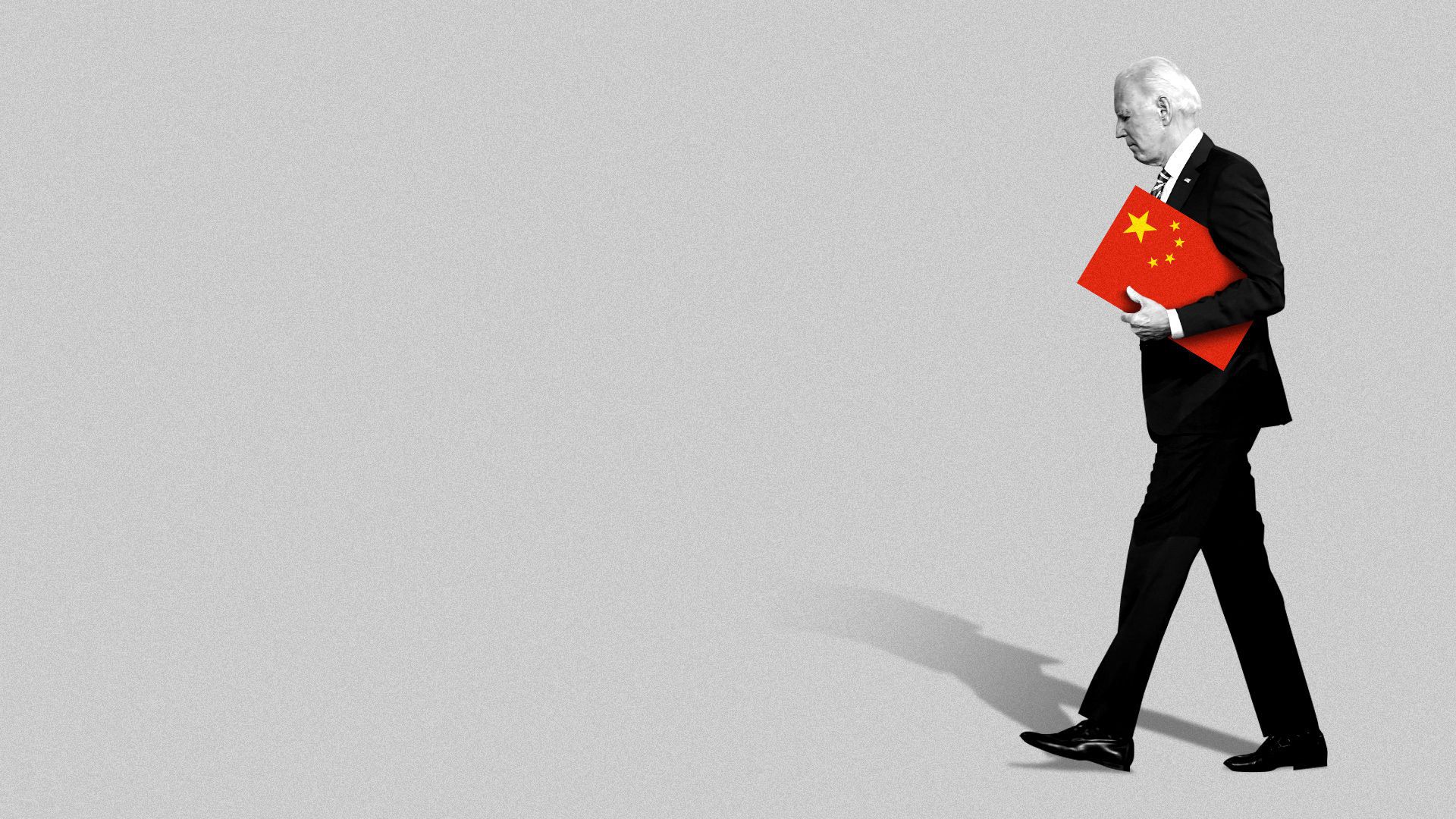
Shen Yamei, Director, Department for American Studies, China Institute of International Studies
May 26, 2022
Multiple factors are preventing the United States from unveiling a clear position. Uncertainties in domestic politics, the conflict in Ukraine, an alleged China-Russia axis and the Taiwan issue all factor in. The U.S. is at a foreign policy crossroads in a complex environment.
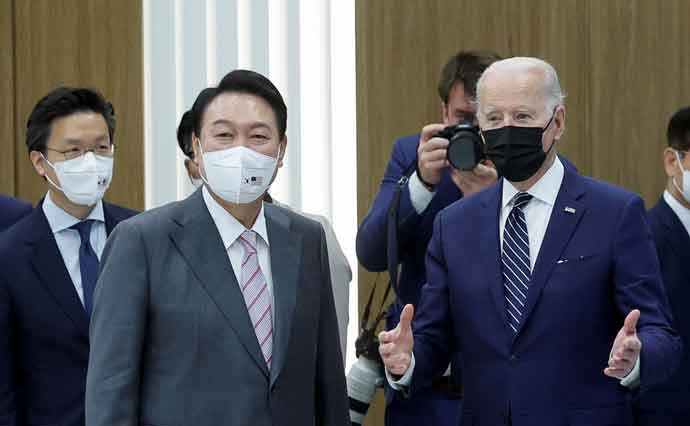
Zhao Minghao, Professor, Institute of International Studies at Fudan University, and China Forum Expert
May 24, 2022
Washington is looking to shore up its Indo-Pacific strategy by further roping in South Korea and Japan. Its strategy is alive and well despite the Russia-Ukraine conflict, and China’s peripheral diplomacy will continue to face thorny challenges.

Zhang Monan, Deputy Director of Institute of American and European Studies, CCIEE
Apr 26, 2022
The Biden administration’s long-awaited strategic framework for trade with China may not be more effective than Trump’s. But it’s imperative to avoid harm and to push for new engagement consensus.
Zhang Yun, Professor, School of International Relations, Nanjing University
Apr 20, 2022
The domestic and foreign policies of the United States will both return to the pragmatic tradition, partly because of the diverse nature of the country. At the same time, pragmatic diplomacy in a pluralistic world will improve international relations.
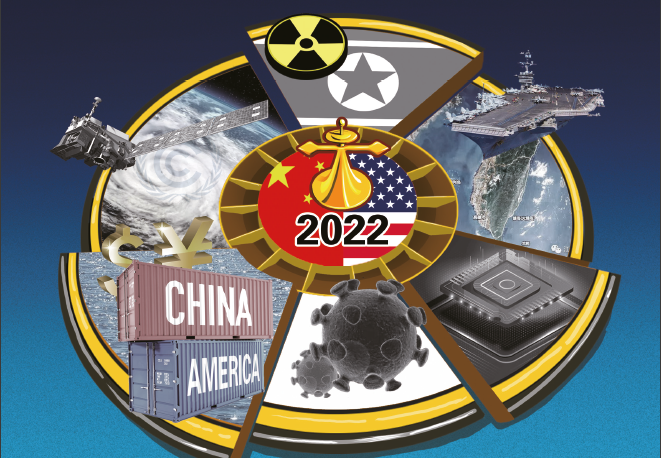
Ni Feng, Deputy Director, Institute of American Studies, CASS
Mar 31, 2022
Expect China and the U.S. to remain in a state of strategic stalemate for a long time. The most dangerous moments in bilateral ties will be when the two countries strengths bump against one another. We must be fully prepared for that.
Sun Chenghao, Fellow, Center for International Security and Strategy of Tsinghua University; Munich Young Leader 2025
Jan 24, 2022
Given their mutual economic dependence, both China and the U.S. know they must manage relations. Nobody wants a new cold war. Rational countries are unwilling to choose sides, and there is great pressure for accommodation.
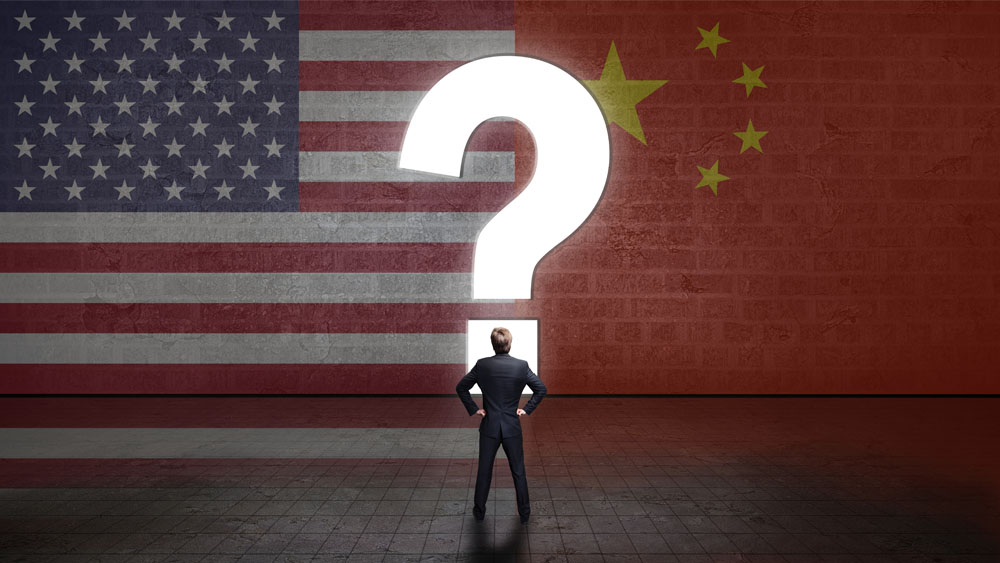
Zhang Zhaoxi, Assistant Research Professor, Institute of American Studies, CICIR
Jan 24, 2022
Repairing and protecting American hegemony is a central theme for the White House and Congress. To accomplish these goals they need to create the specter of an enemy at the gates, to imagine an adversary that poses an existential threat.
Su Jingxiang, Fellow, China Institutes for Contemporary International Relations
Jan 03, 2022
Containment of China is a long-term U.S. strategy — one that continues to expand. Now guided by the Biden administration’s National Security Strategy, which was released in March 2021, a wide range of government departments are formulating anti-China policies. They are not going to stop.
He Weiwen, Senior Fellow, Center for China and Globalization, CCG
Dec 24, 2021
Despite a meeting of presidents and intensive talks at lower levels, the United States has not fundamentally altered its position. This needs to change. Next year should be characterized by reasonable, constructive efforts — followed by action — to ease the current tensions.
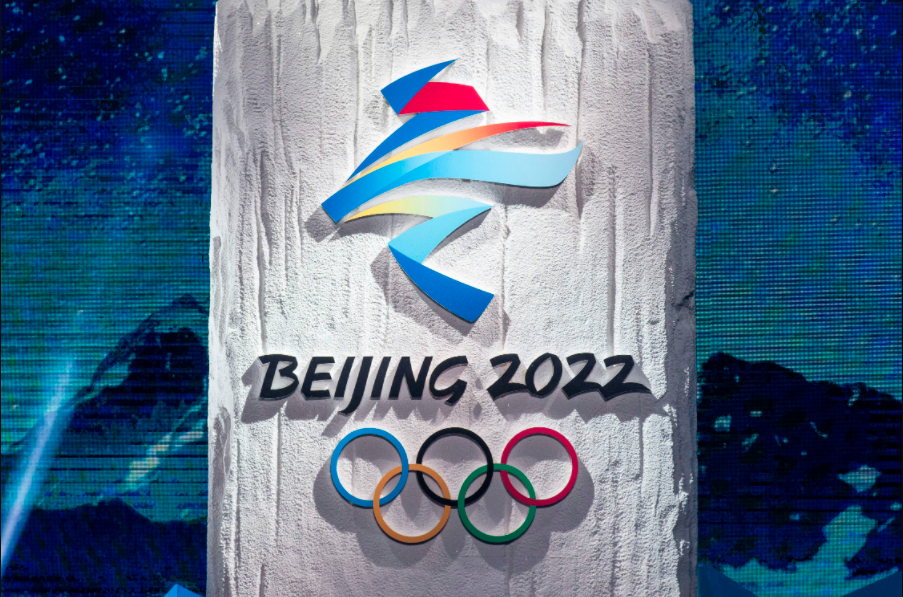
Yang Wenjing, Research Professor, Institute of American Studies, CICIR
Dec 15, 2021
Playing to his domestic audience, the U.S. president must appear tough on human rights. But this has its limits. America’s half-baked Olympic boycott applies only to diplomats, not to athletes. To do more would risk domestic and international blowback.
Back to Top

- China-US Focus builds trust and understanding between the U.S. and China through open dialogue among thought leaders.
- Our Offerings
- Topics
- Videos
- Podcasts
- Columnists
- Research Reports
- Focus Digest
- Stay Connected
-
Thanks for signing up!
- Get the latest stories from China-US Focus weekly.